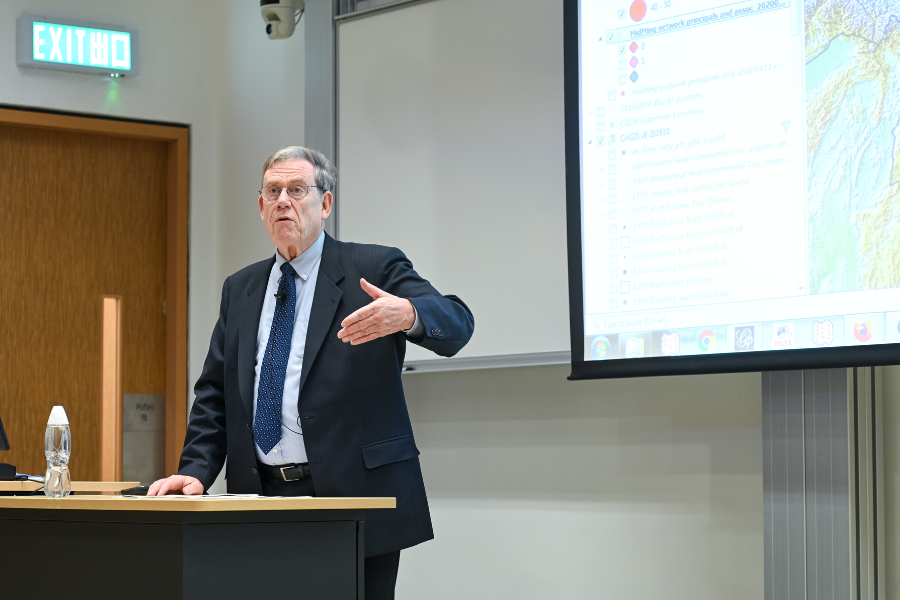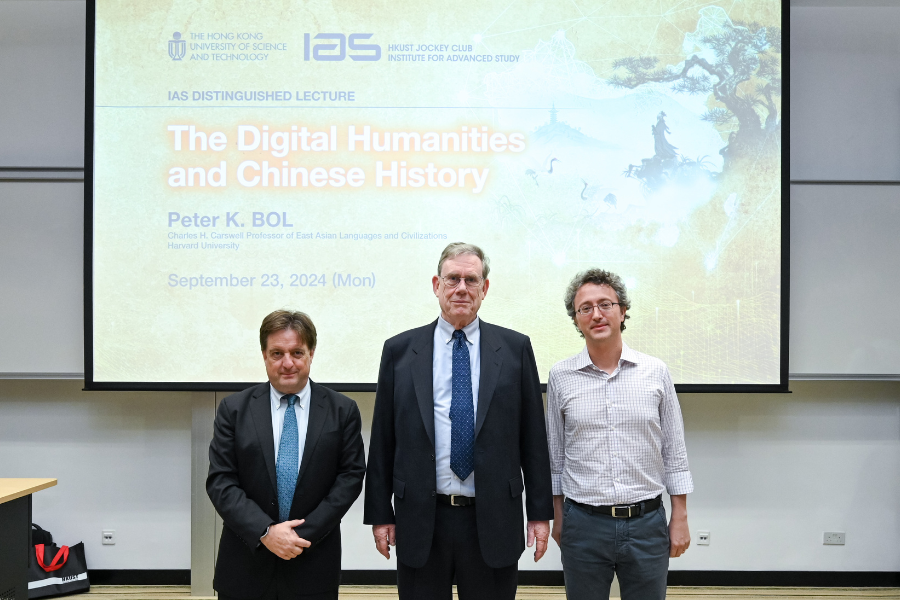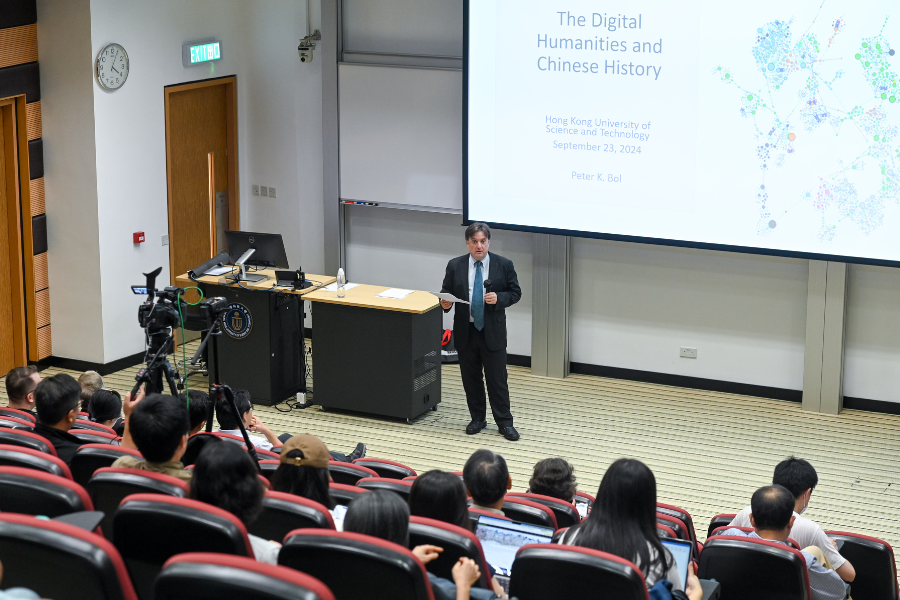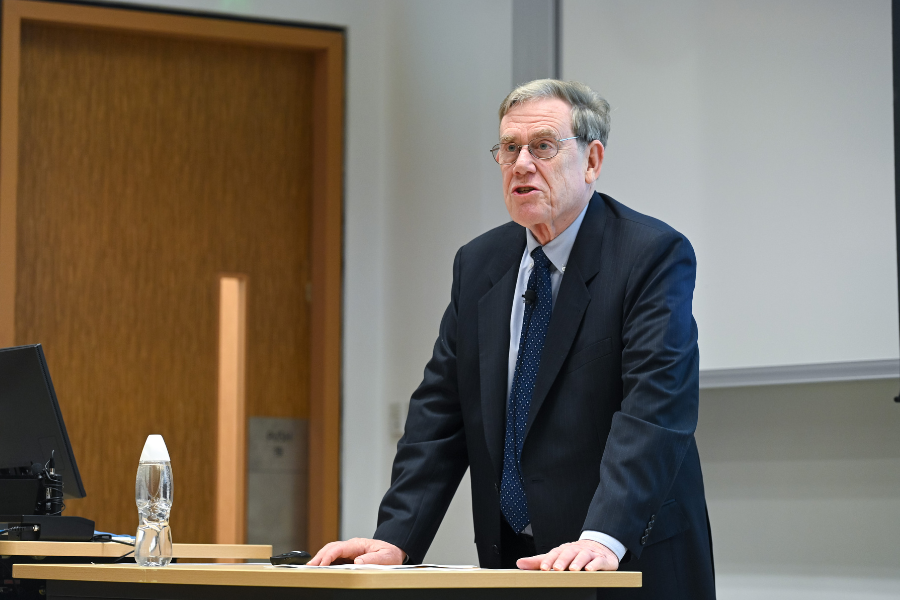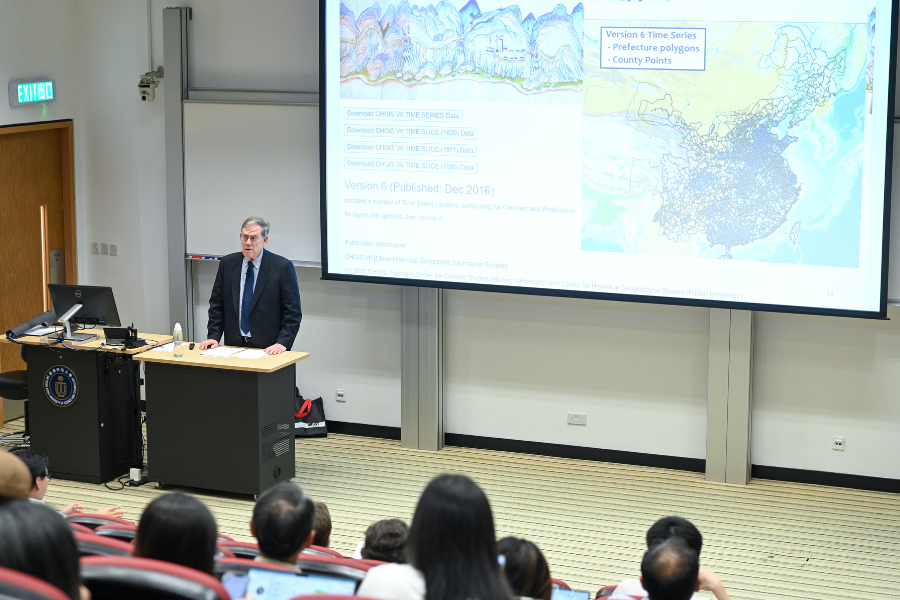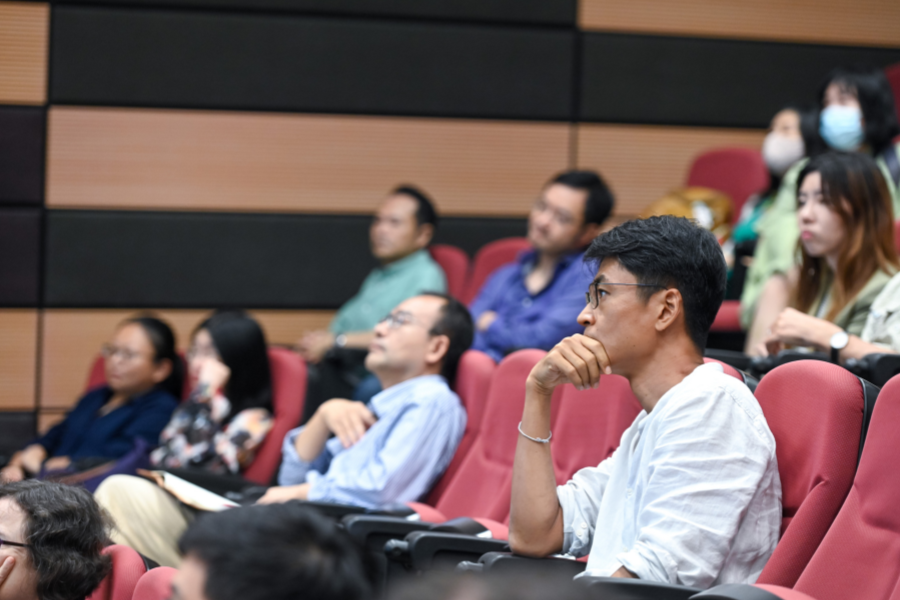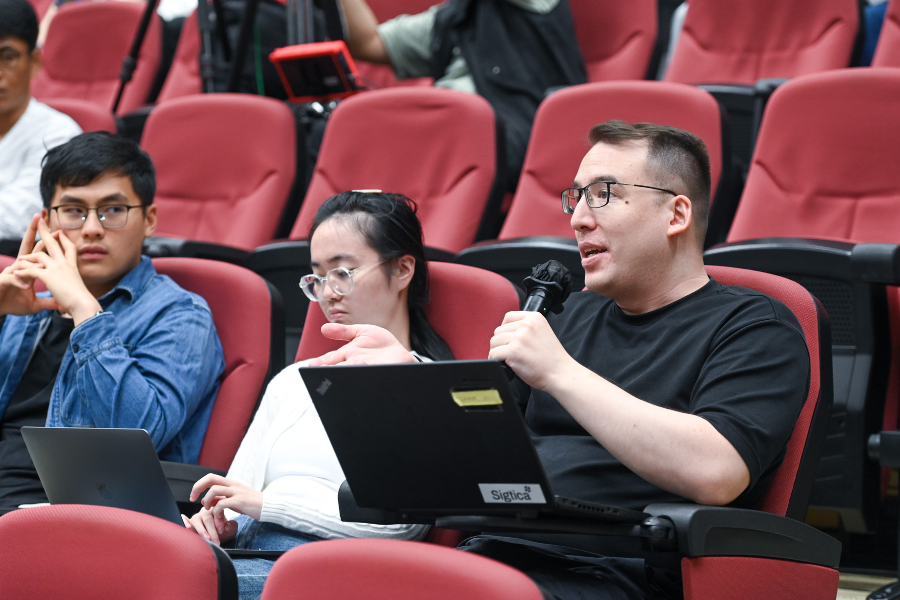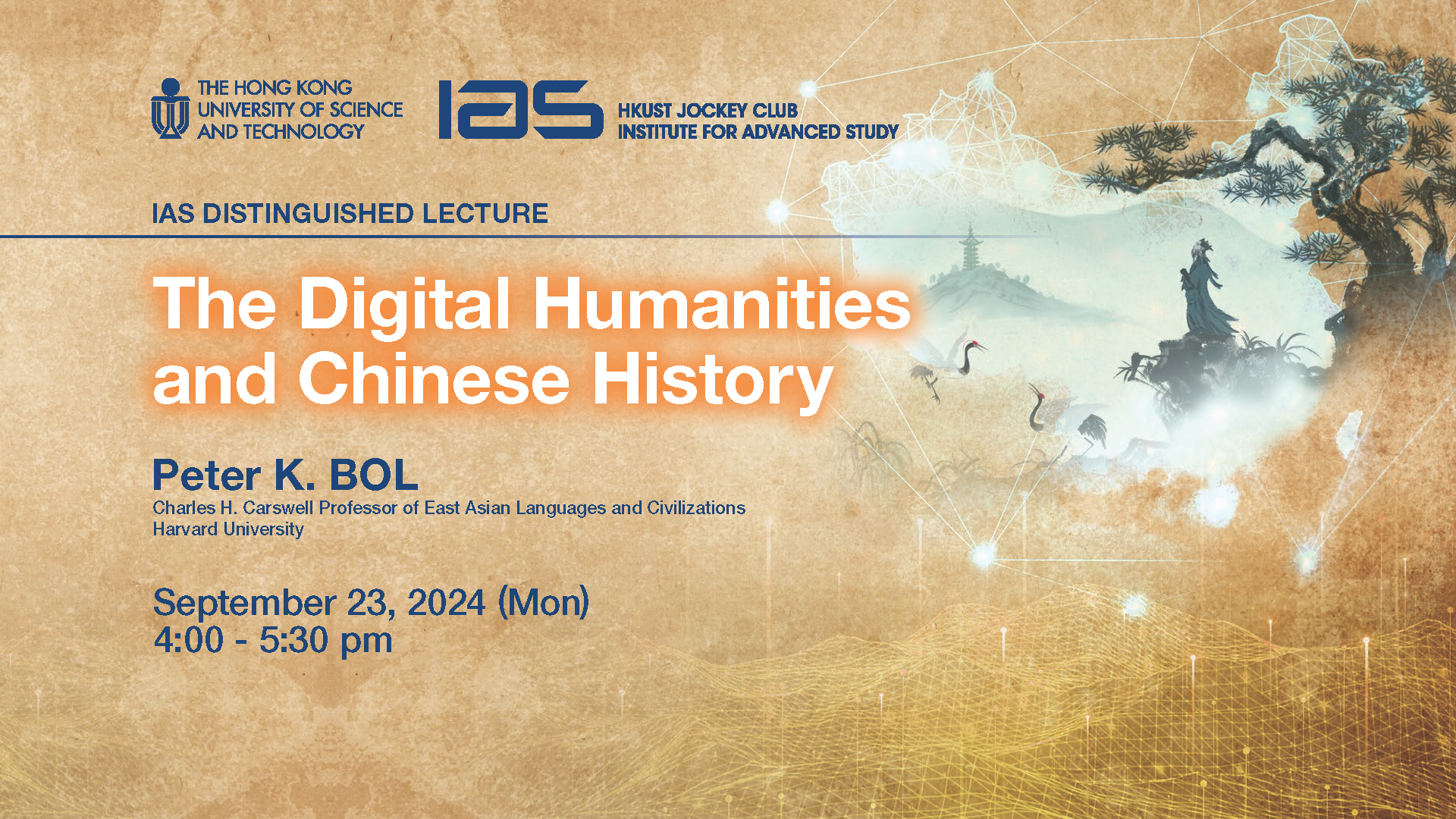The Digital Humanities and Chinese History
Abstract
Since Sima Qian over 2000 years ago, the study of Chinese history has wrestled with a contradiction. Sima wanted to see the larger patterns of heaven and humanity but, in the end, he devoted half of the Records of the Historian to biography, highlighting human diversity and individuality. We could say, to use modern terms, that he wanted to be both a social scientist historian and a humanist historian, but the speaker is not sure he succeeded in truly integrating the study of shared patterns with an appreciation of human individuality. The digital humanities approach to Chinese history adds another layer of complication: it brings to the study of history two modes of scholarship that are at odds with the ethos of the humanities: quantitative analysis and computer science. In this talk the speaker will suggest that the methods of the digital humanities can resolve Sima’s contradiction between the humanities and social science, between larger patterns and individual action. It is precisely through the combination of historical study with quantitative analysis and computer science that the study of individuals reveals the larger patterns of Chinese history.
About the Speaker
Prof. Peter K. Bol obtained his PhD in East Asian Studies from Princeton University in 1982. He has been a faculty member at Harvard University since 1985 and is currently the Charles H. Carswell Professor of East Asian Languages and Civilizations. He led Harvard’s university-wide effort to establish support for geospatial analysis in teaching and research; in 2005, he was named the first director of the Center for Geographic Analysis. From 2013 to 2018, he served as the Vice Provost for Advances in Learning, where he was responsible for HarvardX, the Harvard Initiative in Learning and Teaching, and research that connects online and residential learning.
Prof. Bol’s research focuses on the history of China’s cultural elites at the national and local levels from the 7th to the 17th century. He is the author of "This Culture of Ours": Intellectual Transitions in T'ang and Sung China, Neo-Confucianism in History, coauthor of Sung Dynasty Uses of the I-ching, co-editor of Ways with Words: Writing about Reading Texts from Early China. He serves on the editorial board of various journals including Journal of Digital Humanities, Studies in Chinese History and Journal of Digital Archives and Digital Humanities, to name a few.
Prof. Bol directs the China Historical Geographic Information Systems project, a collaboration between Harvard and Fudan University in Shanghai to create a GIS for 2000 years of Chinese history. In a collaboration between Harvard, Academia Sinica, and Peking University, he directs the China Biographical Database project, an online relational database currently of 420,000 historical figures that is being expanded to include all biographical data in China's historical record over the last 2000 years. In 2015, he was awarded the title of Honorary Geographer by the American Association of Geographers for his leadership role and engagement in the geospatial analysis in teaching and research.
For Attendees' Attention
Seating is on a first come, first served basis.

